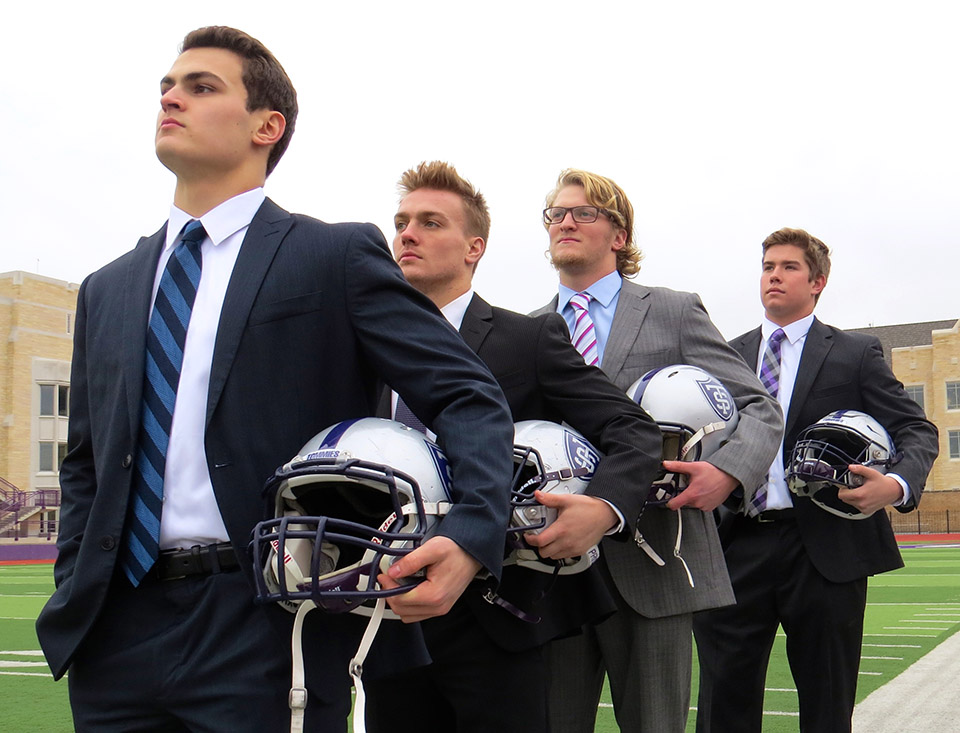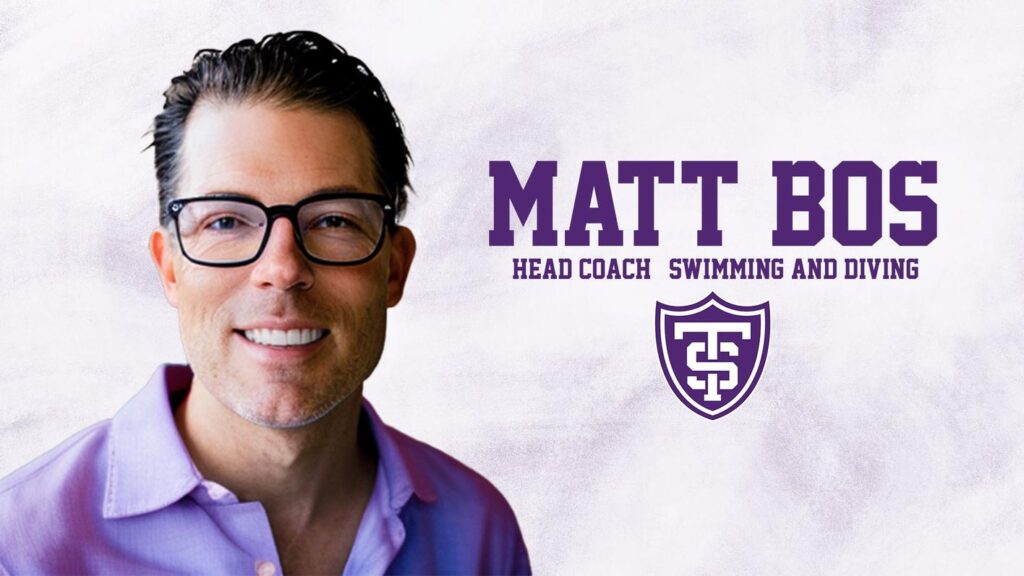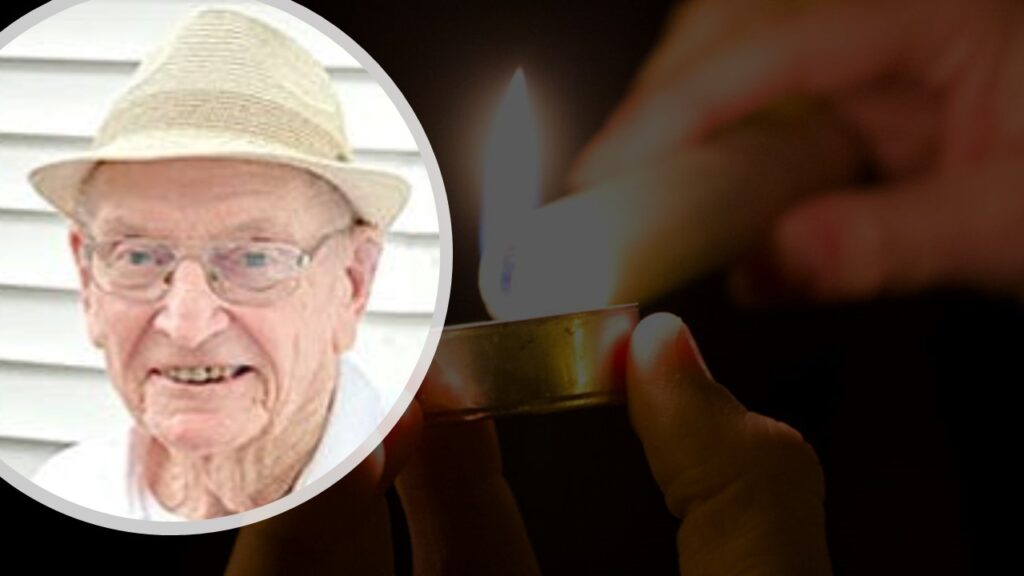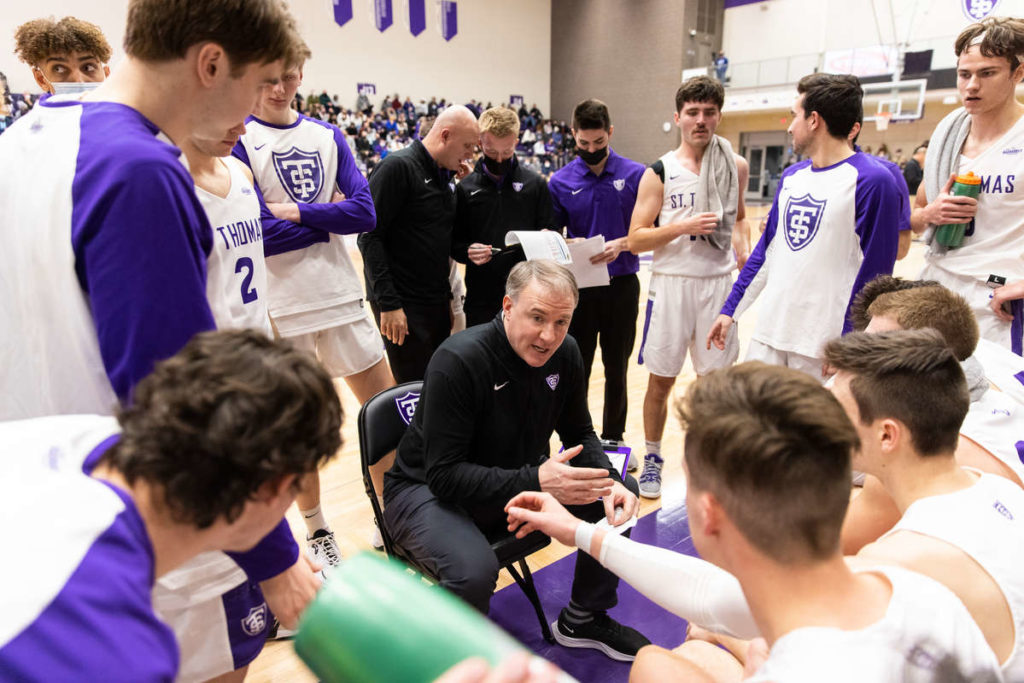It's widely known that for most of last fall Tommie Football was occupied with dominating the competition in their undefeated run up to the NCAA Division III national championship. Behind the scenes, four of the team's players combined their expertise in entrepreneurship, finance, economics and engineering to form their own "special team" and compete for an award off the field.
Sophomore Johnny Heller, junior Bennett Celichowski, junior Bryan Steinsapir and sophomore Jack Dummer teamed up to vie for the Hult Prize. The largest student competition in the world, the Hult Prize challenges undergraduate and graduate students from across the globe to be social entrepreneurs by creating and launching enterprises that tackle serious issues faced by billions of people.
Winners receive $1 million in start-up funds as well as mentorship and advice from the international business community. This year, interested teams were tasked with creating a profitable business idea that would double the incomes of 10 million people living in poverty in crowded urban spaces around the world.
After winning the St. Thomas competition held at the university's Thornton Hall this past December – just a week before their national title game (loss) to Mount Union – the team regrouped and traveled to San Francisco in March to compete in the global regional competition against more than 60 teams for a shot to contend for the top prize.
InjECOllect
The team's concept, InjECOllect, focuses on slums in India, populations that have long been plagued with extreme trash problems and where – with 15 million people making meager wages as waste pickers – plastics collection and recycling is a huge industry. Their moniker reflects their business' philosophy and strategy: to employ local residents to collect and sort plastic trash that is then melted into injectionable machines and molded into valuable products to be sold in First World markets.
Their "ridiculously high " margins, according to Dummer, would allow them to pay the collectors six times what they normally make on a good day.
"Our thought process was that of these 15 million pickers, 90 percent are women, and the interesting thing about women around the world is that they put 95 percent of their salaries back into their families. Picking doesn't take long, and with the increased income they could spend more time with their families and have more disposable income," he said.
Steinsapir added, "Our margins would be so high that with the extra money we make, we would give back to the communities in India to make improvements in their schools, fund extracurriculars and host collection fundraisers at schools where funds generated by all the plastics collected for a day would go back to the school."
The team noted Tom's Shoes, the social enterprise that gives one pair of its trademark canvas shoes away for every pair it sells. "The idea is to sell the products in First World countries ... places where people value the philanthropic message behind a product," Heller said.
Competitors on and off the field
The four hatched their team, literally, on the sidelines.
Heller, a defensive lineman, broached his idea for forming a Hult team to strong safety Celichowski, who immediately wanted in. They both agreed Dummer, an engineering major, would be a valuable addition to their game plan and recruited him after practice in the locker room, along with Steinsapir, who overheard the three already beginning to hash out their ideas.
"I'd heard about the Hult Prize through James Iliff ['16 MBA and St. Thomas' Hult Prize campus director] when he visited my class, but I didn't know anyone who wanted to form a team, so when I heard these guys talking about it after practice, I said 'Hey, I want in,' and that's pretty much how we got our team together," said Steinsapir, who is a kicker.
They immediately got to work, divvying up tasks according to their talents. Heller, a finance major, rounded up key partners who would use their products. Among them were St. Thomas alumni–based Blue Ox Box, a subscription service that caters to Northwoods enthusiasts. Celichowski tapped into his skills as a finance and economics double major to hash out the supply chain in detail. Steinsapir, the team's entrepreneurship major (though Heller has a minor), conducted logistical research on how to differentiate InjECOlect from their competition.
Dummer, a safety and engineering major, designed all of the products for the team's presentation. The items included a foldable toothbrush, a squeaky dog toy, a packaging prototype, glasses frames and an iPhone case, which he created with computer-aided software called Solidworks. Dummer then created prototypes of the products using the 3-D printer in the basement of St. Thomas' O'Shaughnessy Science Hall.
Iliff noted,"This team's idea was the most compelling because of its simplicity and because it built on the obvious expertise of the team. Jack's engineering skills and creativity were supported by Johnny, Brian and Bennett's keen business acumen. The moment you meet these guys, you realize their passion and drive. This was apparent to the judges even over the phone during the competition."
Beating the odds
With practices and meetings on the St. Paul campus the same time and day as the formal presentations on the Minneapolis campus, earning their way to the final competition involved a little more planning and ingenuity. With the national title on the line, skipping practice wasn't an option.
Iliff had told the team that their odds of making it to the finals in California would be slim if they couldn't make their presentations in person. But that didn't stop the men, who called an audible, so to speak.
Given their extraordinary circumstances, the judges, comprised of local business leaders, allowed them to prepare a voice-over PowerPoint presentation for the preliminary round, but with the caveat that they call in for a live Q&A with the panel of judges afterward, and again if they were to advance to the final round.
After the preliminary round, the team stepped out of a pre-practice meeting to answer questions – in their socks – in the Anderson Athletic and Recreation Complex atrium. They were a little more unkempt for their final Q&A, but fortunately the hundred or so audience members in Thornton Hall could only hear their voices through a set of speakers.
"Right after practice I checked my phone and I had a bunch of missed calls from James who called to tell us we'd made the final round. We had to rush out of the locker room still in our sweaty pads. A couple of the guys needed another minute because they were still in their cleats," Heller said. "Which was weird because people get dressed up and wear suits for this, and we literally were fresh off the field taking questions."
Tommie Football coach Glenn Caruso commended their ability to simultaneously master competing responsibilities. "One of the things that amazes me about these young men is not just their ability to operate at a tremendously high level both in the classroom and on the field, but moreover, their ability to balance those two tremendous educations," he said.
Team spirit
In San Francisco, teams were grouped into sections of 10 teams a piece, with winners from each section competing in the final round for the $1 million prize. In the preliminary round, a group of Harvard MBAs with experience in the workforce edged out the Tommies to advance to the finals. Though they came up short, all four said they are not ready to throw in the towel on InjECOllect.
Like true champions, they weren't going to let a little failure stop them. "We are not done with this," Heller said, as the rest of his team nodded in agreement. "We believe in our idea and we're excited to see where we go with it."
Interested in competing in next year's Hult Prize? Contact Colleen Sauter, director of the full-time MBA program. Sauter has been an instrumental advocate and organizer of the Hult Prize competition for the last three years.






